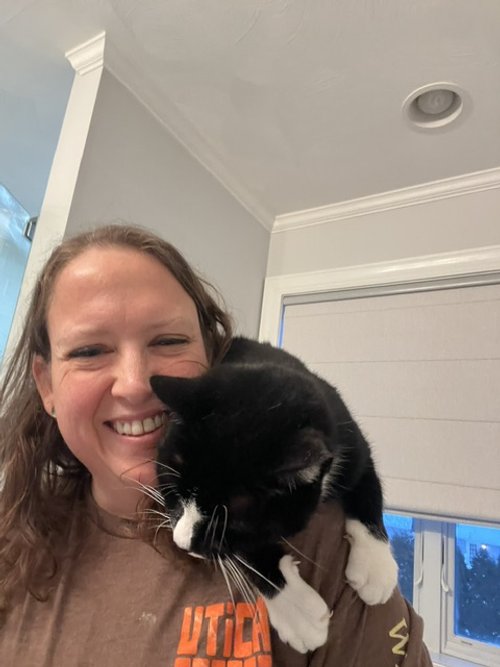
Our relationship with animals has changed.
For a long time, we looked at animals as tools. In many cultures, their value was largely tied to their practical roles for our survival—such as livestock for food, horses for travel, or dogs for hunting and protection. They served a purpose.
We used them to hunt, to herd, and to haul. We looked at animals as inferior to humans. We disregarded them.
We assumed that they lacked any capacity to learn, feel, recognize us, or form bonds.
As society has evolved, so have our opinions We have started changing our perception toward them. Many of us now see them as companions. They’re members of our families. We acknowledge that they have a lot to give, that we learn from them, and we form very deep and very real bonds with them. For some, they restore purpose. They give us someone to provide for, someone who depends on us. If we’re struggling emotionally, they give us something to focus on. They bring comfort, love, and companionship. They help to soothe our anxieties and ease our sadness.
We advocate for them and invest in their medical care. As research has shown that animals can experience love, joy, fear, and grief, we’ve come to understand that our connection to animals goes far beyond simple companionship—it is a reciprocal relationship built on respect, empathy, and emotional exchange.
We recognize that they are sentient beings with their own needs, feelings, and experiences. We recognize their autonomy, The awareness that animals can be both emotional and spiritual partners in our lives has brought about a profound shift in how we care for and relate to them.
We give them hospice and palliative care, we mourn them, we memorialize them, and give them funerals. Our grief and dedication is an expression of our love for them.
As an end-of-life animal doula and a hospice and palliative care advocate, my role is non-medical, meaning I do not provide direct medical treatment. Your regular veterinarian remains in charge of your pet’s care. Instead, I work alongside your veterinarian, hospice veterinarian, and any other professionals involved in your animal's well-being. This collaborative approach can include acupuncturists, dog walkers, groomers, and other caregivers.
In the case of a terminal illness diagnosis, once your vet has provided a care plan, my role is to help coordinate and support every aspect of your pet’s end-of-life journey. Here’s how I can assist:
Coordinate and schedule appointments with the veterinarian and other healthcare providers
Attend appointments if you are unable to
Help set up and manage medication schedules
Communicate with veterinarians on your behalf to ensure clear understanding and support
Work with the crematorium to pre-plan afterlife arrangements (e.g., cremation or burial)
Stand in during euthanasia if you feel unable to be present
Provide emotional support and grief assistance during this difficult time
Help memorialize your pet in a way that is meaningful to you

Bridging the Gap aims to honor the human-animal bond.
My love for and deep connection with animals has led me to be in service to them and their human companions. My goal is to help bring peace and comfort to those that I serve. Many of my own have been rescued or rehomed to me.
Animals are among some of the purest beings I have ever met. They have much to teach us. This is some of the most rewarding work that I will ever do.
Book an appointment.
Booking an appointment with Bridging the Gap is a simple yet profound step towards understanding and nurturing the bond between you and your pet. The process is entirely confidential, ensuring that your personal journey remains private and secure.
During your session, you can expect a peaceful environment where your feelings and thoughts are honored. The animal doula will facilitate a space for you to explore your desires, challenges, and aspirations related to your animal companion. This dialogue is not just about addressing immediate concerns but also about fostering a deeper connection and understanding of your pet’s needs.
Many find that the experience is powerful and transformative. It allows for reflection and growth, whether you are looking to navigate a specific issue, enhance your relationship with your animal, or prepare for significant transitions in your pet’s life.






